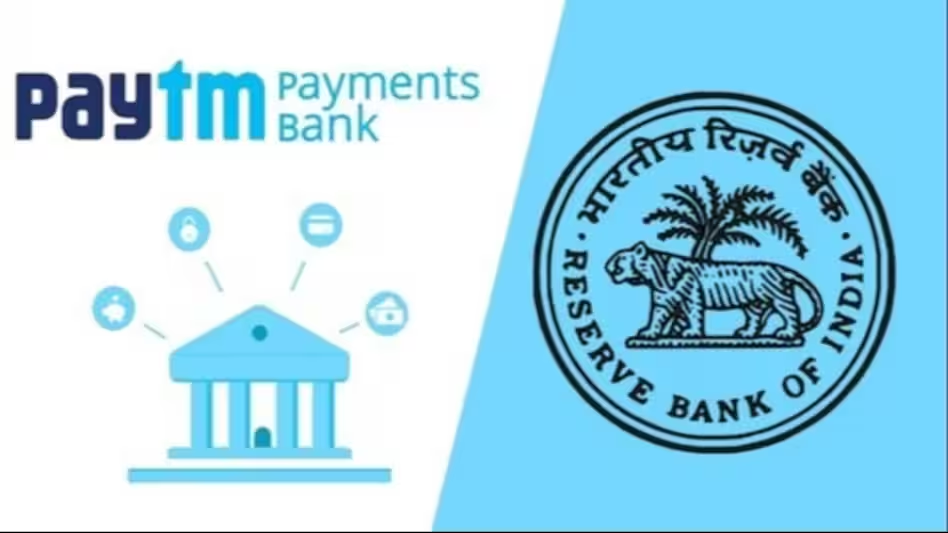Context:
Recently, the Reserve Bank of India (RBI) has directed Paytm Payments Bank Ltd to cease accepting new deposits and conduct credit transactions starting from March 2024.
Key directives from the RBI:
- Prohibition of deposits and top-ups: Paytm is barred from accepting deposits or top-ups in any customer account, prepaid instruments, wallets, FASTags, National Common Mobility Card (NCMC), etc., after February 29.
- Account termination: The nodal accounts of the parent company, One97 Communications, and Paytm Payments Services must be terminated by no later than February 29.
- Settlement of transactions: Settlement of all pipeline transactions and nodal accounts related to transactions initiated on or before February 29 must be completed by March 15, with no transactions permitted thereafter.
- Customer access to funds: Customers are allowed to freely withdraw or use the funds in their Paytm accounts, including savings and current accounts, prepaid instruments, FASTags, NCMC, etc., as long as they do not exceed their available balance.
- The RBI has instructed Paytm Payments Bank to halt the acceptance of money in any customer account, including wallets and other prepaid instruments, such as FASTags, starting from March 1.
Various reasons behind RBI’s action:
- Paytm Payments Bank has been under RBI scrutiny since 2018, and the specific reasons for the recent regulatory action were not disclosed.
- Experts speculate that it may be related to concerns regarding KYC compliance and IT-related issues.
- The central bank aims to prevent any institution from exposing depositors’ money to risks, and investigations revealed that Paytm Payments Bank and its parent company lacked adequate safeguards to protect information within the group.
- Additionally, concerns were raised about data access by China-based entities with indirect ownership stakes in the parent company.
About Payments Bank:
- The concept of the Payments Bank was established by the RBI in 2014, based on the recommendations of the Nachiket Mor Committee.
- It is designed to operate on a smaller scale with minimal credit risk.
- It aims to promote financial inclusion by providing banking and financial services to unbanked and under-banked areas.
- In India, there are currently six payment banks, including Airtel Payment Bank, India Post Payment Bank, Fino, Paytm Payment Bank, NSDL Payment Bank, and Jio Payment Bank.
Some features of Payments Bank:
- Payment banks are differentiated from universal banks and operate on a smaller scale.
- They are required to have a minimum paid-up capital of Rs. 100,00,00,000, with the promoter contributing at least 40% of the paid-up equity capital for the first five years.
- These banks cannot accept deposits exceeding ₹2 lakh per account and are not permitted to lend directly.
- However, they can sell loan products and promote third-party loan offerings.
- Payments Banks are authorized to facilitate personal payments, receive cross-border remittances in current accounts, and issue debit cards.

